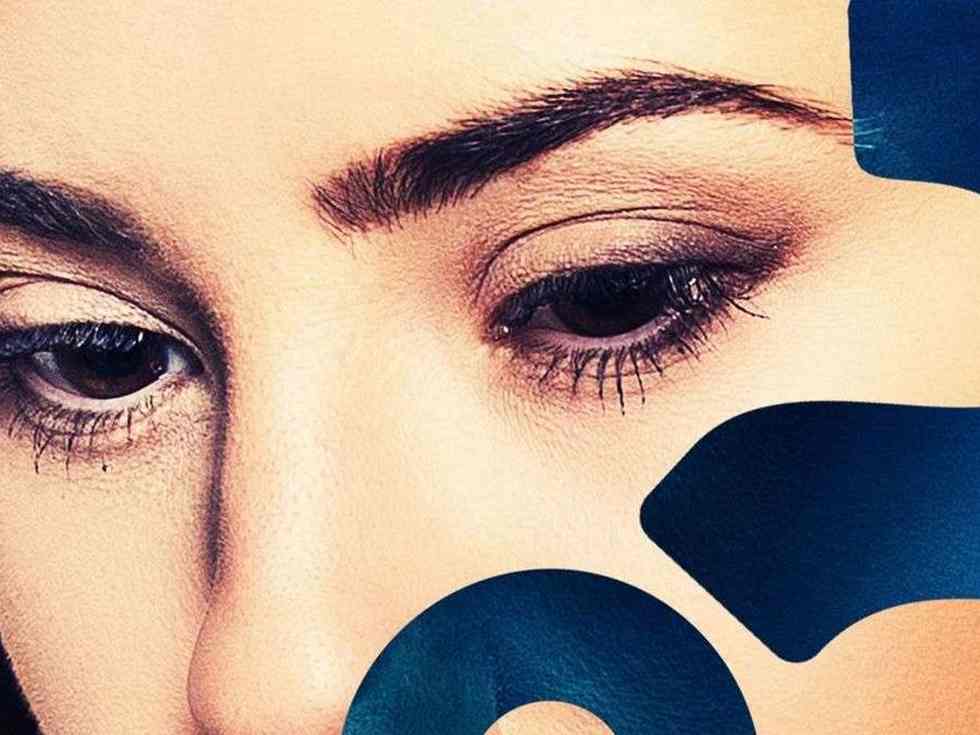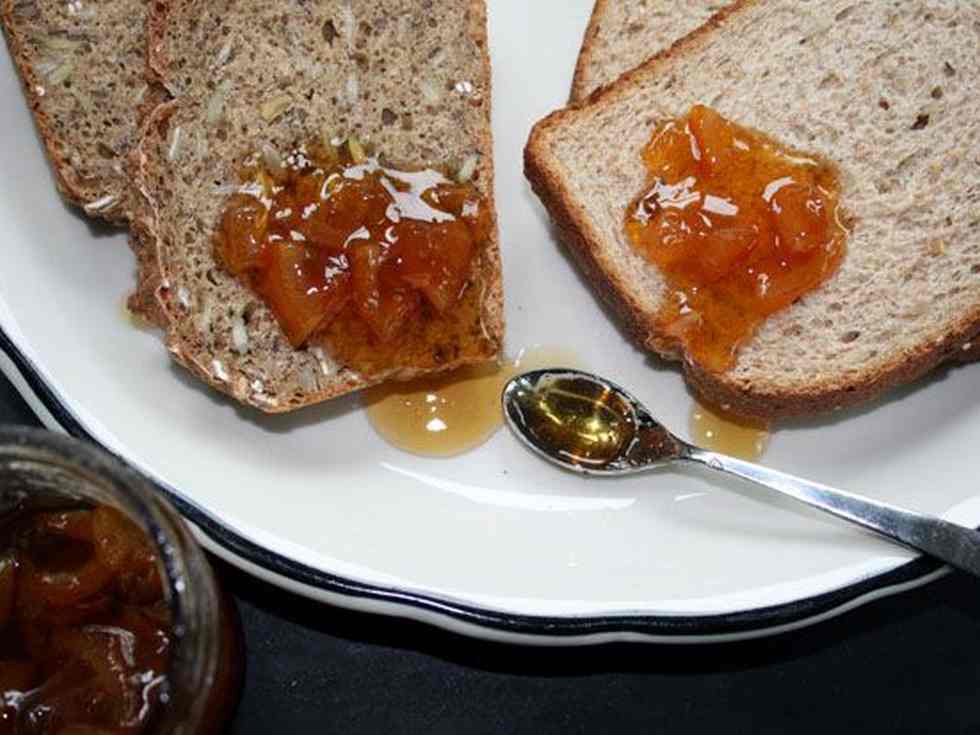
This week, Guardian columnist Nicola Clark began the Twitter hashtag #SheCantBeAutistic to focus on how ladies with autism are sometimes dismissed, misunderstood and underdiagnosed — if identified in any respect.
And, not surprisingly, #sheisntalone.
The Facilities for Illness Management and Prevention studies an autism spectrum dysfunction prevalence charge of 1 in 68 American kids. However getting that prognosis, and the life-changing therapies and sources that may include it, is especially difficult for grownup ladies like Nicola Clark as a result of the mixture of gender and age could make them doubly invisible to the scientific group.
The Mayo Clinic notes how traditionally, autism has been described as a neurodevelopmental dysfunction that ends in "excessive male brains." In reality, many diagnostic instruments have been developed based mostly completely on how autism capabilities and presents in boys.
So what should you’re a lady like Clark who lengthy suspected she was autistic? Requesting a diagnostic evaluation out of your basic practitioner is kind of like visiting a proctologist for a pap smear. It is in all probability not going to occur.
Why not? Take into account the dysfunction’s three major signs: social impairments, communication difficulties and repetitive or restrictive behaviors. Based mostly on that rubric, boys are 4 to 5 instances likelier, on common, to be identified with autism.
No less than for now.
More moderen research which can be paying nearer consideration to each how ladies’ mind buildings and socialization patterns are figuring out extra sex- and gender-specific symptomology, particularly amongst high-functioning children. As an example, autistic ladies are typically extra social and verbally fluent than boys, and any repetitive behaviors are sometimes much less excellent. Whereas autistic boys may exhibit aggression and hyperactivity, autistic ladies are additionally more proficient at masking outward manifestations of the dysfunction.
Quick-forward just a few years and even the astute eyes required to identify autism in younger ladies can simply overlook ladies who’ve grown up coping with none medical intervention. Having associates, households and stereotypically female pursuits are all elements that may disqualify ladies from receiving autism assessments, as The Guardian’s Nicola Clark wrote.
As an alternative, Cynthia Kim at Autism Girls’s Community says autistic ladies are likelier to be identified for consuming problems and nervousness, which generally co-occur with autism in ladies, in addition to obsessive compulsive dysfunction, bipolar dysfunction and borderline persona dysfunction.
No matter gender, being an grownup with autism could be tremendously difficult since a lot of the analysis and sources are targeting minors. In June 2015, College of North Carolina psychiatry professor Dr. Joseph Piven informed The New York Instances, "There may be nearly no literature on older adults with autism within the discipline, so we’ve just about no information base." Neither is there a lot backed help for issues like job coaching, inexpensive housing and counseling.
From there, the therapy hole solely widens with age. When autism advisor Cos Michael tried to dig up any current analysis on older autistic ladies and menopause, she discovered nothing. "I can discover no challenge in any respect that focuses on the well being and wellbeing of older ladies, not prior to now, not now, or in improvement," Michael wrote in a weblog submit at Community Autism.
Amid the unknowns, a primary reality stays: There’s nonetheless a ton to be explored and clarified in how autism capabilities and presents in women and girls, together with its impact on relationships and employment in addition to optimum therapies and sources for ladies with autism throughout their life spans.
Within the meantime, one other undeniable fact that should not be underestimated is how an accurate prognosis could make a world of distinction in a lady’s life.
As Nicola Clark wrote: "When the prognosis got here I cried with aid. I would felt it was nearly a battle, that I would needed to show myself, that I wasn’t mad."

